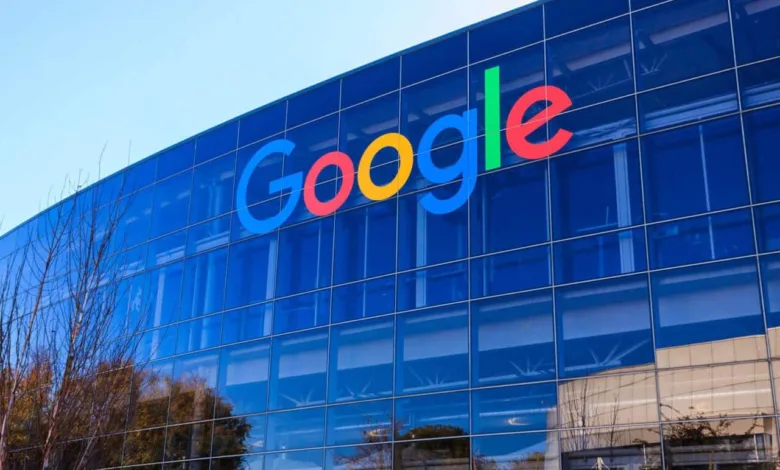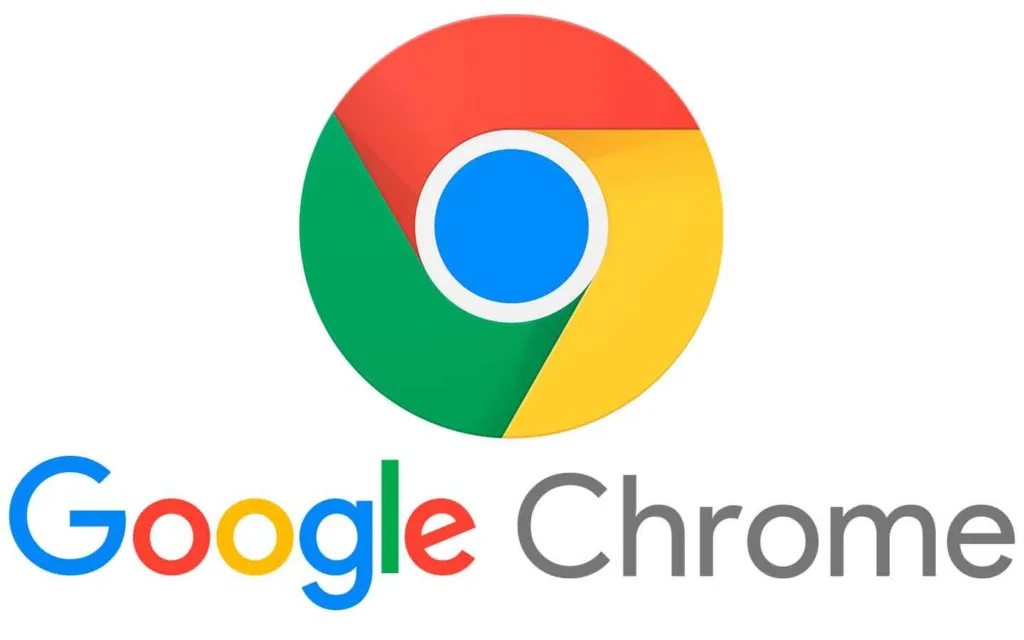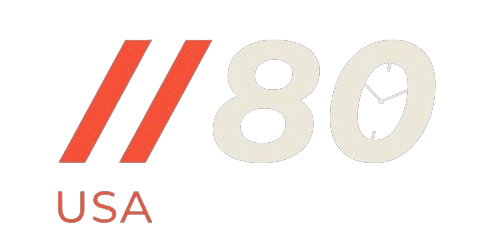

Google Unleashes Tracking Protection
Google has initiated a significant initiative that will revolutionize internet advertising by phasing out third-party cookies. The first step involves disabling these cookies for approximately 30 million Chrome users, with the aim of eliminating them entirely by late 2024. This development is highly critical as third-party cookies have long been criticized for compromising user privacy.
Third-party cookies have historically played a key role in enabling businesses to follow customers throughout the internet and compile thorough profiles of their interests. This has made targeted advertising easier, but it has also sparked worries about privacy infringement. Google, wielding considerable authority online with its leading search engine, advertising platform, and web browser, has decided to address these concerns by eliminating third-party cookies.
The initial phase involves a test with 1% of Chrome users receiving a popup notification explaining the change and a toggle in the URL bar to enable or disable cookies. These “limited” third-party cookies may be required for specific website functionalities, and Chrome might suggest temporarily re-enabling them if necessary.
Google’s journey toward this point began in 2020 when it committed to eliminating cookies by 2022. However, the initial replacement proposal, FLoC, faced criticism for its limited privacy improvements, Google then released the Topics API, which lets users see and edit the general interests linked to their accounts.
It’s important to understand that although Chrome is getting rid of third-party cookies, cookies are still being used. Websites may continue to utilize their own cookies for valid reasons, like user verification and form data storage.
In a larger sense, Google’s action is consistent with its dedication to user privacy and represents a revolution in online advertising methods. To improve privacy, a new mechanism is being implemented whereby advertisers must ask Chrome for user preference information instead of just accessing browsing data. This change hasn’t come without criticism, though, with some worried about Google’s possible rise to dominance in the online advertising market.
As part of the larger Privacy Sandbox project, Google has implemented “Tracking Protection” for one percent of Chrome users globally, equating to around 30 million individuals. This feature restricts the use of third-party cookies for targeted advertising, a move similar to actions taken by rival browsers like Apple’s Safari and Mozilla’s Firefox in the past.
For those included in the test, a notification in a pop-up box will explain the implementation of Tracking Protection and its impact on limiting third-party cookies. The change occurs automatically, affecting users as they browse the web, and restricting the tracking capabilities across different websites.
If users wish to continue allowing third-party cookies on Chrome during the test, they can toggle the option by clicking on the eye icon in the search bar. However, Google warns that even if users enable cookies, they will be automatically turned off after 90 days.
The broader plan is to extend Tracking Protection to all Chrome users in the second half of 2024, subject to regulatory approval. This is a significant move considering Chrome’s vast user base, exceeding 3.22 billion internet users, as reported by Statista.
As the phase-out of third-party cookies progresses, Google intends to replace them with a new system that restricts data sharing within its organization, emphasizing improved privacy. Advertisers will need to request information about users’ preferred topics from Chrome rather than accessing direct browsing data. Despite the privacy benefits, concerns have been raised by regulators, fearing that this change could further solidify Google’s dominance in the online advertising market.


In essence, actions signify a fundamental shift in the way online advertising operates, addressing privacy concerns associated with third-party cookies while navigating challenges related to market dominance and advertiser practices.





